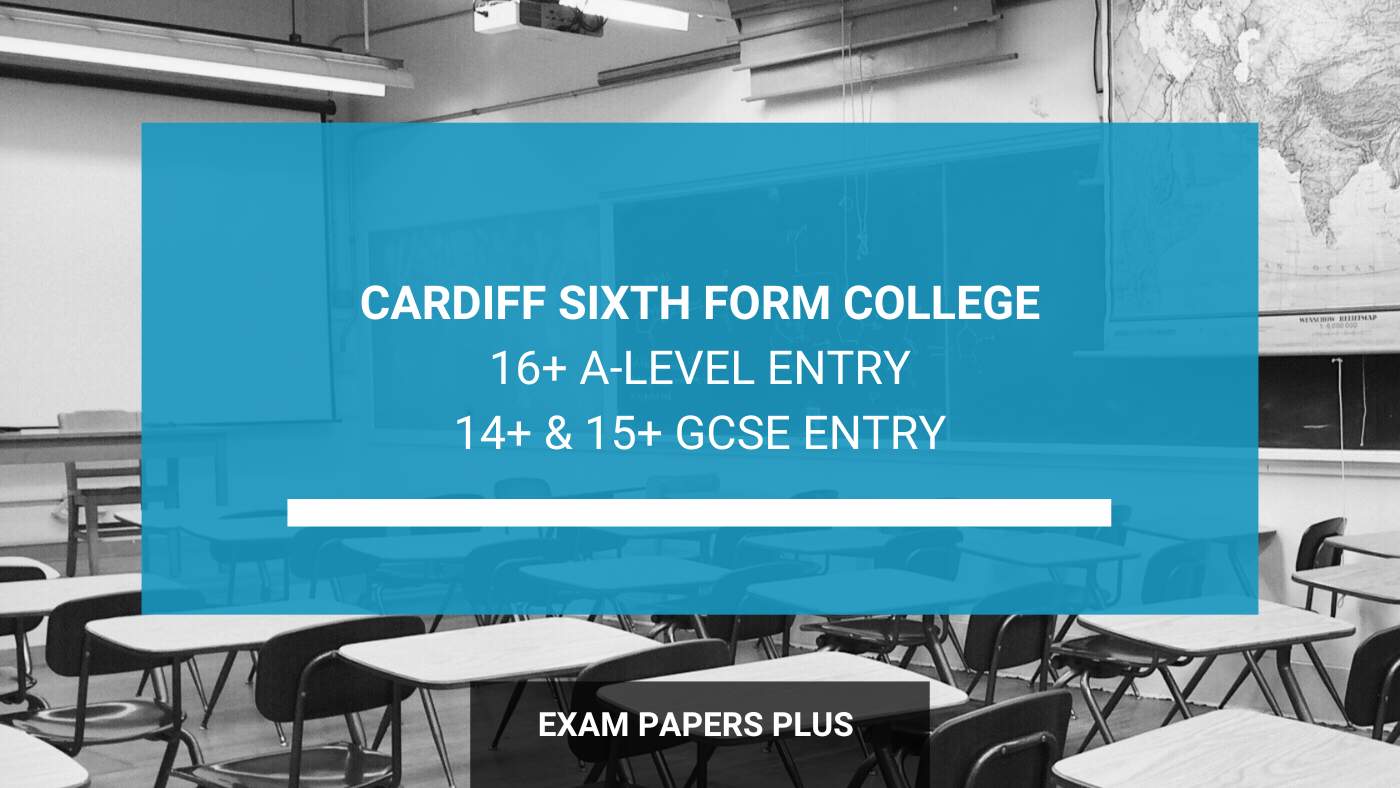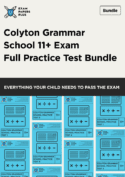
GCSE Maths Revision Calculator Paper
Bookmark this page? Pop your email into the box below to receive a link to this article so you can easily refer back to it later.
Table of Contents
Introduction
In the GCSE maths exam, you’ll sit three papers in total. The first is a non-calculator paper, whereas the other two require you to use a calculator throughout.
Both calculator papers are written tests that last 1 hour 30 minutes each. In that time, you’ll have 80 questions to answer and each test will contribute to 33.3% of your overall GCSE maths score.
You could be asked questions from any part of the maths syllabus, so it’s important to revise all topics in the lead up to the exam. You’ll be asked a mixture of different question types, from short, single-mark questions to multi-step problems. The difficulty of each question will increase as the tests progress, so by the time you reach the last few questions, your mathematical ability will be tested to its full capacity.
To help you make the most of your GCSE maths revision for the calculator paper, we’ve put together our top tips:
Plan Your Answer First
It can be tempting to jump straight into answering calculator questions. However, a little planning can ensure that you apply the correct process and gain maximum points. Read the question carefully and put yourself in the examiner’s shoes. Consider how your answer should be presented.
For example, if the question is worth 4 marks, you should already know that the examiner will expect to see multiple steps in your answer. The more you practice planning your answers beforehand, the better you’ll get at spotting any mistakes when it comes to reviewing what you’ve written.
Always Show Your Working

One of the most common mistakes that students make in the GCSE maths calculator paper is not showing their working. Even if you know you can find the answer quickly on your calculator, you still need to demonstrate how you arrived at the answer.
In order to gain maximum points in a question, the examiner needs to be able to identify each one clearly. Even if you arrive at the correct answer, if you’ve skipped a step in the process, you won’t be awarded full points.
Use Your Answer Button
Every scientific calculator will have an ‘answer’ button. It’s usually located near the equals sign, at the bottom right. The answer button shows you the last calculation that you made, which can be really useful if you’ve just tackled a complex multi-step question.
It enables you to review each step that you’ve taken in the calculation and to double-check that you haven’t made any mistakes. It also allows you to check that you’ve documented each step in the calculation on your answer sheet.
The answer button makes multi-step questions easier as it saves you having to manually type in long numbers with decimal points, as your last answer is automatically stored. This ensures that you don’t make any mistakes in typing in long numbers.
Look Out for Negative Numbers
This may sound obvious, but you should be extra careful not to miss any negative numbers. All it takes is one little error and your entire answer could be wrong. We suggest that you double check each number in a question before you tackle it with your calculator. If there are any negative numbers, circle them with your pen, so you’ll remember to add the negative sign in first.
It can be surprisingly easy to miss negative numbers, particularly when answering questions quickly and under pressure. Once you’ve completed the test paper, we recommend that you use any left-over time to double check for negative numbers while you review your answers.
GCSE Maths Practice Tests
When it comes to preparing for the GCSE maths calculator test, practice makes perfect. The more questions you answer, the more you’ll get used to the process of writing out your answer at every stage in the question. You’ll also start to form good habits in checking for errors and negative numbers.
At Exam Papers Plus, we publish GCSE maths revision packs that include both calculator and non-calculator questions. Our packs aim to improve your skills and confidence in the lead up to test day.
As part of the process of creating our packs, we thoroughly analysed examiners’ reports from previous years to ensure that our practice questions cover all the essential areas of the GCSE maths exam. Our questions also focus on topics that we know students consistently struggle with in the non-calculator paper. Furthermore, all our practice papers are written and developed by former GCSE Maths examiners and markers.
Not only do our tests help students familiarise themselves with the exam format and question styles, they can also help improve time management skills.
Each pack focuses on the key skills required to do well in higher tier GCSE exams and includes detailed step-by-step answers and mark schemes for every question. Each question is labelled to identify the relevant exam boards.
We’d highly recommend the following resources for GCSE maths help:
All of our GCSE packs are available immediately after download.
Related posts:
GCSE Maths Non-Calculator Paper
GCSE Maths Games to Keep You Motivated
GCSE Maths Help: Tips for the Exam
Bookmark this page? Pop your email into the box below to receive a link to this article so you can easily refer back to it later.
















